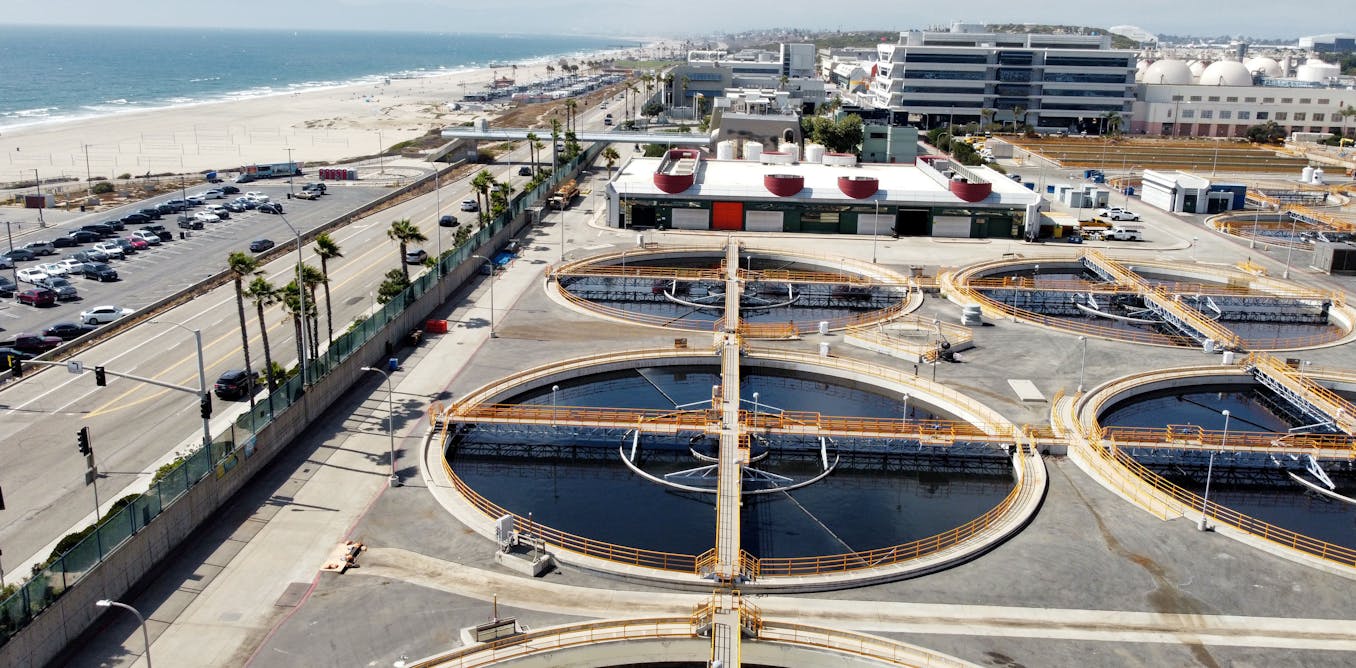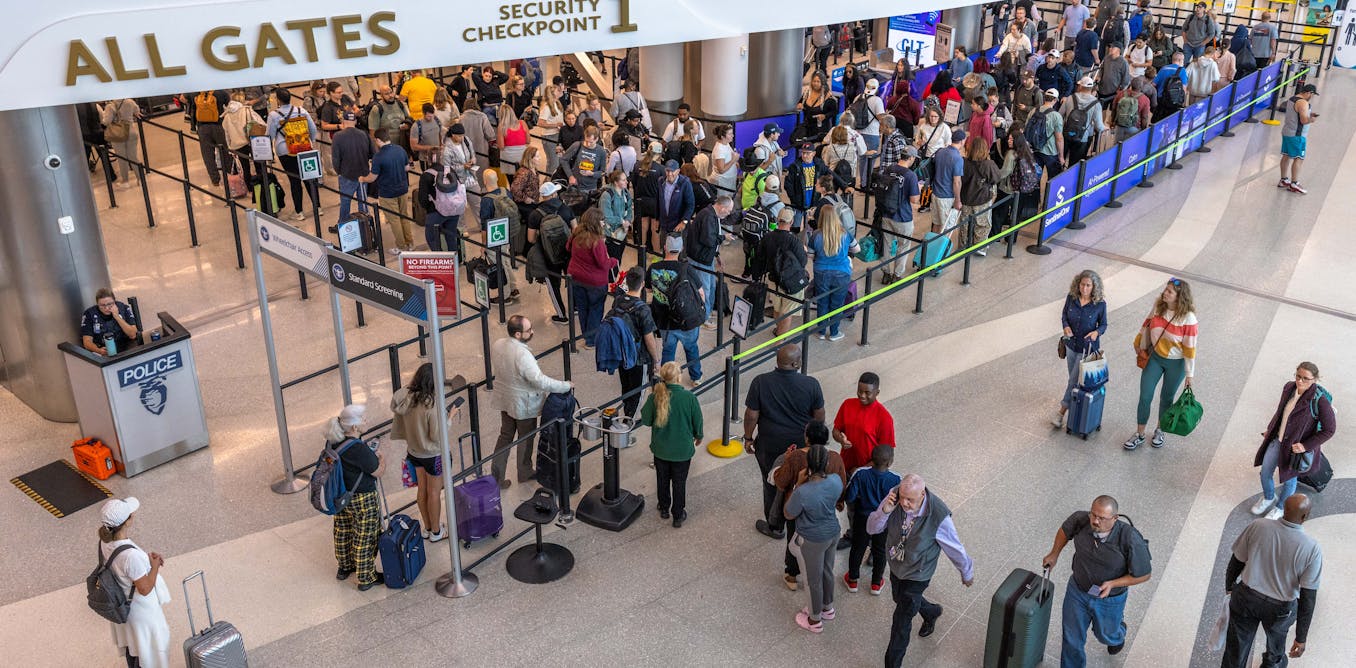AI’s Next Job? Recruiting Talent to Train the Future of Artificial Intelligence
In a world increasingly dominated by artificial intelligence, the relationship between technology and human ingenuity is rapidly evolving. The latest development in this fascinating intersection is brought to us by Mercor, which has made headlines by featuring on the prestigious Forbes Cloud 100 list. Their innovative approach revolves around using AI in recruitment—specifically, to find humans who can train AI models.
The Rise of AI in Recruitment
Mercor’s foray into AI recruitment isn’t just about efficiency or saving time in the hiring process; it also aims to unlock untapped potential within the workforce. With technology evolving at an unprecedented pace, the need for skilled individuals who can teach AI systems to become smarter and more intuitive is paramount. Traditional recruitment strategies can only scratch the surface of this requirement, but an AI-driven approach can sift through vast pools of candidates to find those who are best suited for this unique role.
A Unique Cash Cow
While Mercor initially designed its AI to assist in the traditional hiring process, it quickly discovered a lucrative niche: the demand for trainers who can enhance AI systems. These trainers, often called “data annotators” or “AI trainers,” play a critical role in the machine learning process by providing the necessary human feedback that allows AI algorithms to adapt and learn.
Training an AI requires a delicate balance of domain expertise and creative problem-solving skills. As such, recruiting individuals with the right mix of talents has become crucial. Mercor’s AI has the capability to identify these unique qualifications, leading to a more efficient hiring process that benefits both the company and prospective employees.
The Future of Work
This pivot reinforces an emerging trend where AI is not just an end product but a tool that helps cultivate future AI systems. The implications for the labor market are profound. As companies continue to lean into AI, there will be an increasing demand for roles that involve interacting with and training these systems. This could lead to a new category of employment opportunities, providing pathways for professionals who want to blend tech skills with human insight.
By redefining the hiring landscape, Mercor is paving the way for an array of new job roles that may not have existed just a few years ago. As AI technology advances, the individuals tasked with training these systems may soon hold a position of critical importance in a tech-driven economy.
Conclusion
Mercor’s innovative approach highlights a fundamental shift in how we approach both recruitment and the future of work in the age of AI. As we continue to navigate this landscape, the interaction between human talent and artificial intelligence will be pivotal in shaping the industries of tomorrow. The role of the AI trainer could very well be among the most critical jobs in our not-so-distant future, underscoring the value of human creativity in a world increasingly reliant on technology.
Stay tuned to the evolving narrative as Mercor continues to lead the conversation around AI in recruitment and the promising futures that lie ahead for the job market.
Watch the video by Forbes
Video “AI’s Next Job? Recruiting People To Train More AI” was uploaded on 09/10/2025 to Dailymotion Channel Forbes



































Leave a Reply